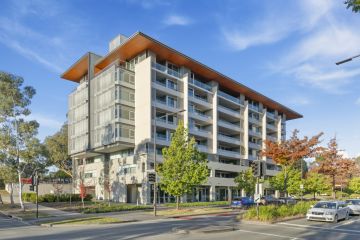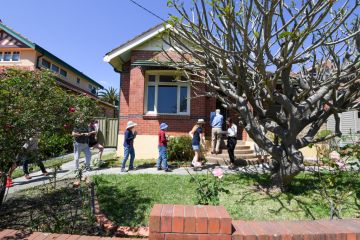Escape to Warialda, NSW: 'The country is a good place to live'
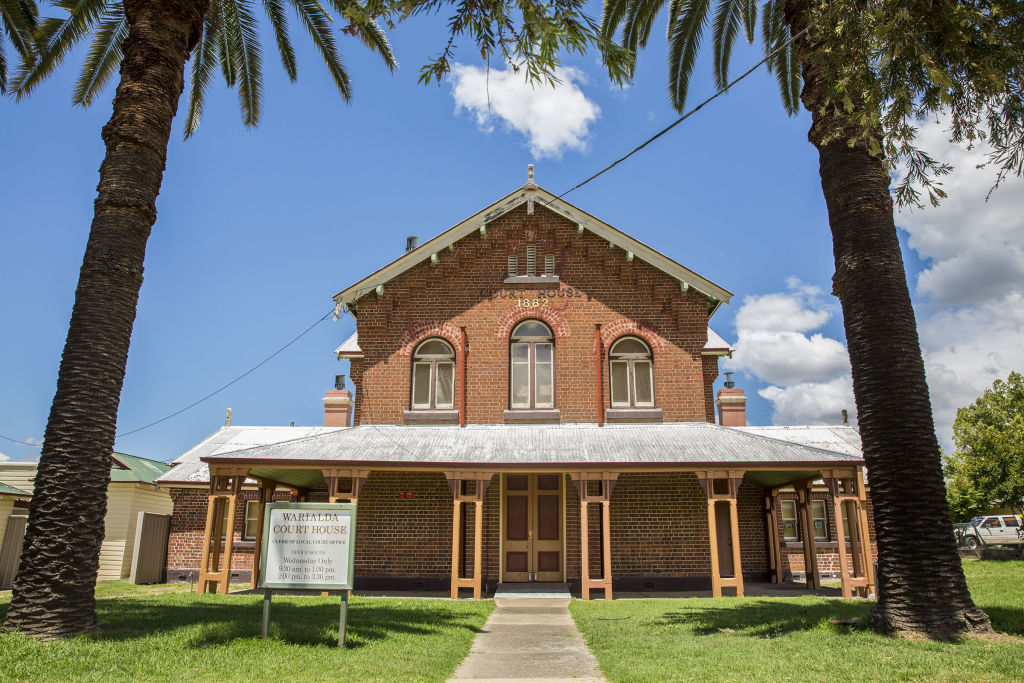
A bit over seven hours’ drive and 600 kilometres north of Sydney, Warialda has been affected by the big dry, but it’s nevertheless a sweet place to raise a family.
The picturesque locale is home to the Warialda Honey Festival, which was buzzing with activity in March, as well as the upcoming Warialda Show, held in early May.
Well-serviced, it sits on Warialda Creek, and on the junction of the Gwydir Highway and Fossickers Way. Dating back to the mid-1800s, it’s host to several historic buildings – while there are plenty of natural attractions, too, with a beautiful pastoral setting and the rather imposing edifice of Cranky Rock nearby.
Larger rural centres Moree and Inverell can be reached within an hour, and Tamworth has a daily coach service and is two and a half hours south.
Population: 1590, as at the 2016 census.
Who lives here?
Warialda draws both retirees and younger families, the latter of whom are attracted by the local schools’ good reputations, good medical facilities and the decidedly relaxed pace of life.
Brendan Turner, the vice-president of the Warialda Motor Sport Club, said he’d noticed the town’s growth in particular after coming back from working for a time in Tamworth.
“A lot of families have moved here in the past few years,” he said.
Katelyn Trevithick, from the Warialda Bakery, had also observed the town’s appeal.
“There are a lot of the typical people who have been here for years,” she said. “But I have seen younger families moving to the area. People are realising the country is a good place to live.”
Local agent Chris Smyth, from Ray White Rural Bingara, said Warrialda was simply “a nice little country town”.
“Coming from the city it’s safe, it’s affordable, it’s friendly. And if it’s a family, they can make a really good living and raise their kids in a really good place,” she said.
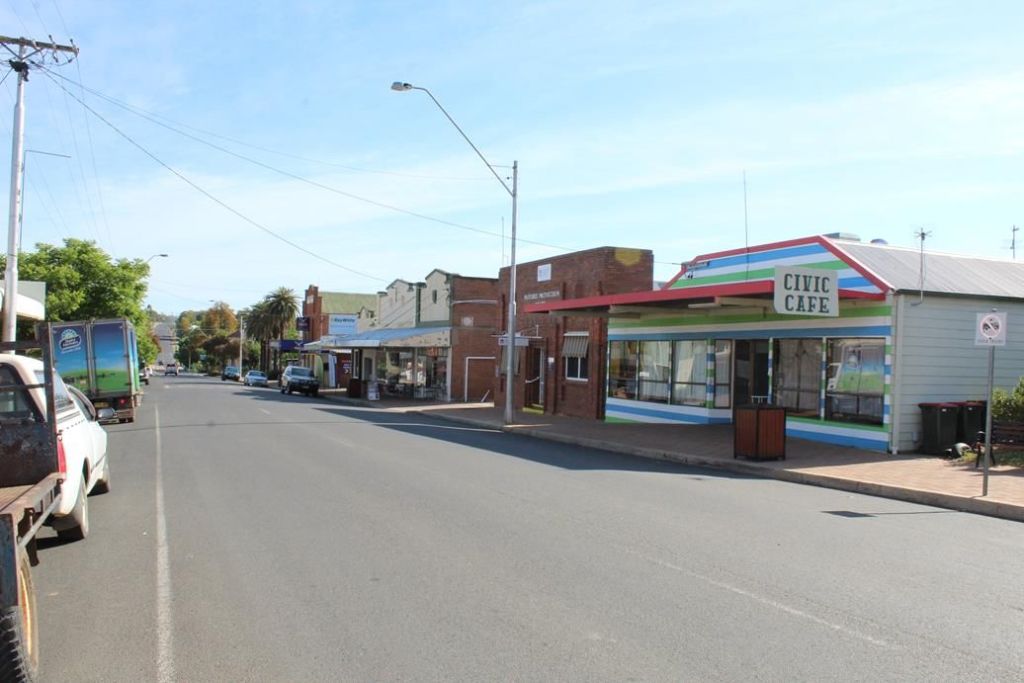
What happens here:
Ted Stubbins, a former school teacher and the president of the Warialda District Chamber, said the town had many active organisations with regular activities and events.
“There’s a plethora of community organisations that will welcome people in straight away,” he said.
For example, the Warialda Motor Sport Club runs the Warialda 200 Off-Road Race, which is scheduled for September 14 and 15.
It’s a major event that brings out everyone in town, as well as visitors from around the country.
Mr Turner said the race usually had 60 to 70 cars entered and is in its 27th or 28th year, although the weather does sometimes interfere.
“Last year it was cancelled because it was too dry,” he said. “And then a couple of years ago, it was cancelled for being too wet.
“I race … and there’s eight others in town who race. But people come from Sydney, Brisbane and Victoria. It’s the best spectator track in the state, if not the country.”
Mr Turner said the race drew a large audience, and generated around $100,000 worth of business for Warialda, with the local schools running fetes and volunteers helping out all over town.
“If we didn’t have all them of working, we couldn’t have a race,” Mr Turner said.
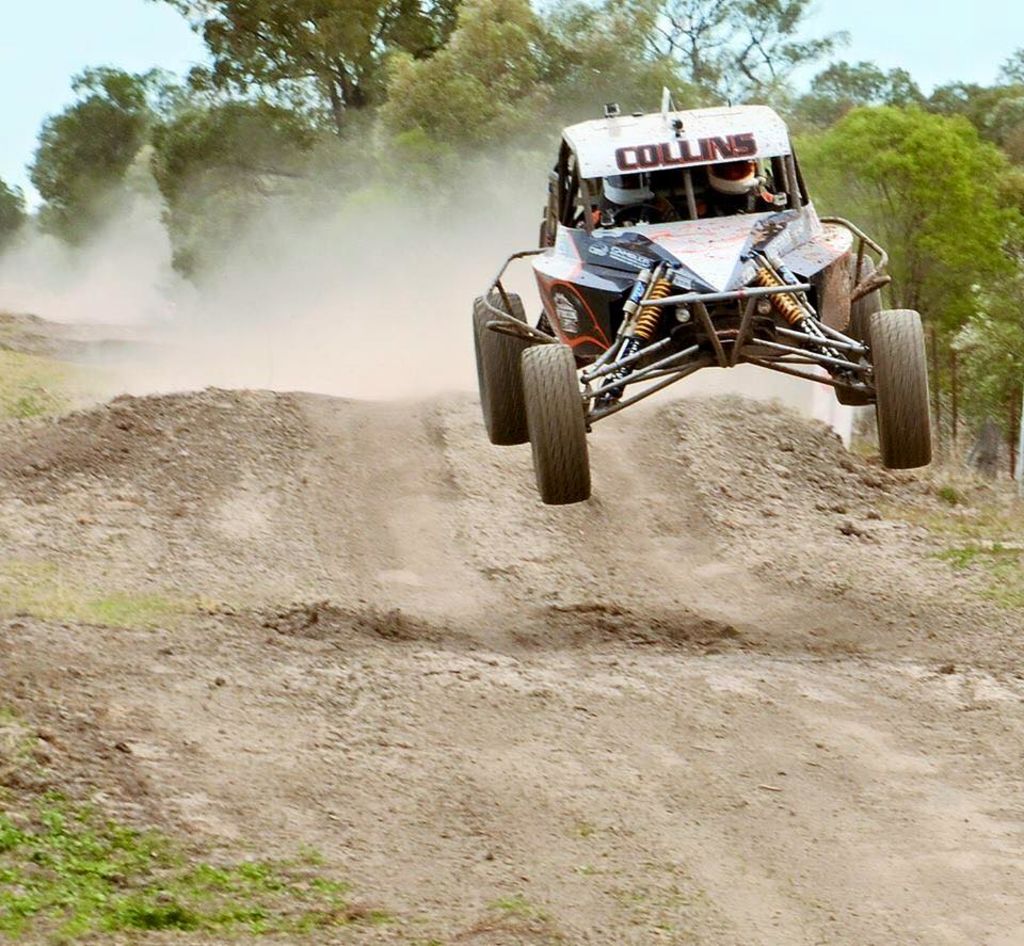
What’s life like here?
The pace of life in Warialda, say the locals, is decidedly more relaxed – and there’s plenty of support on offer if you ever run into difficulties.
“It’s not like the city,” Ms Trevithick said. “Nothing is really a rush. There’s plenty of time in the day to get things done.
“Everyone knows everyone. If you’ve ever got troubles, you can always ask someone for help.”
Mr Stubbins thought that Warialda was characterised by “a strong egalitarian spirit and a welcoming approach to people”.
“The really good aspects of community life in Australia have been preserved here,” he said.
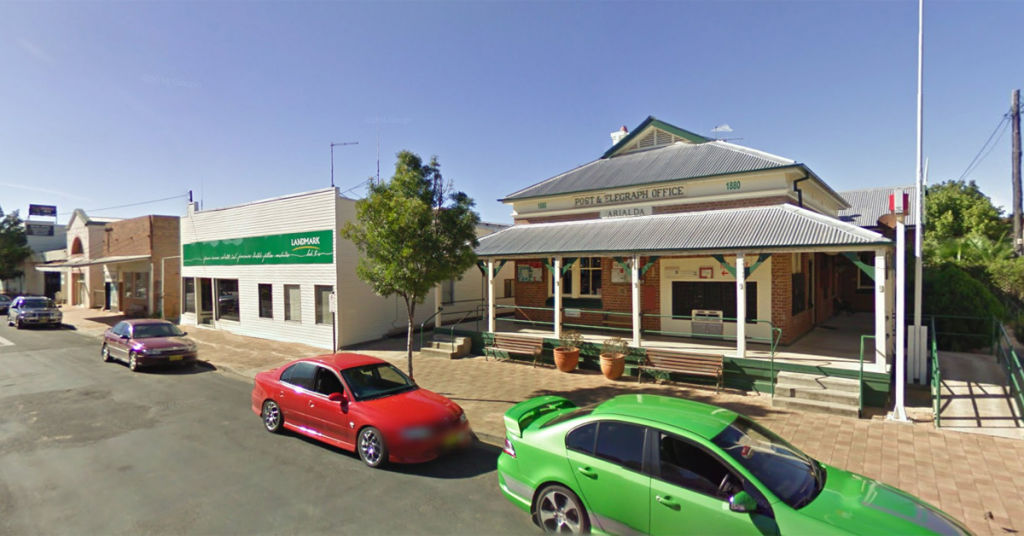
What jobs are here?
Warialda is home to the Gwydir shire council, and the 2016 census reported that local government administration was the biggest employment sector in town.
Some locals also commuted to larger nearby centres like Inverell, Mr Turner said, and there were good employment opportunities with the local businesses, schools and medical services. including the hospital.
And, because Warialda had a large surrounding agricultural district, said Ms Trevithick, it was a good place to base a business.
“It’s a lovely little town – it’s very small, but it’s got a big farming community,” she said.
“Especially for people who are committed to their business, and want to make it work – if you’ve got a good product, people will come back.”
And there are all those visitors stopping to admire the scenic streetscapes. “There’s a lot of tourists at the moment, which is really boosting our economy,” Ms Trevithick said.
Why move here?
Locals agreed that Warialda’s schools enjoyed a good reputation, and the town’s safety and amenities made it good spot for kids.
“It’s a nice place to settle down and raise a family,” Mr Turner said.
And when it came to housing, he added, Warialda is a bit of a bargain. “It’s very affordable compared to a lot of towns, real estate-wise,” he said.
Mr Stubbins agreed, saying it was possible to buy a house for $100,000, although it would probably require some work.
“You can sell in Sydney, come here, and buy one of the best houses in town for $300,000, which would leave people to retire early, or start a business,” he said.
“Businesses can be started without a great deal of capital here, and because of the central situation of the town there’s a population that can be accessed in a much wider area.”
“It’s not going to suit everybody,” he added. “It’s not on the coast, it’s not on the beach. But I know how I feel about it.
“I came here in the beginning of 1983 – I was offered a job in the high school. As I drove into the town I fell in love with it.
“I think it’s a marvellous place.”
We recommend
We thought you might like
States
Capital Cities
Capital Cities - Rentals
Popular Areas
Allhomes
More
- © 2025, CoStar Group Inc.



